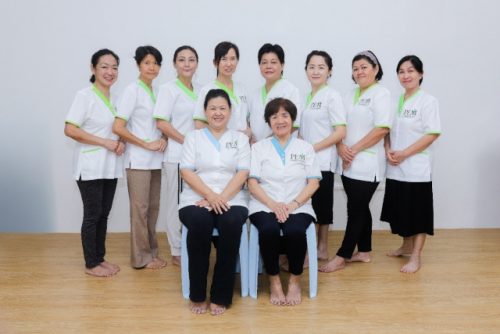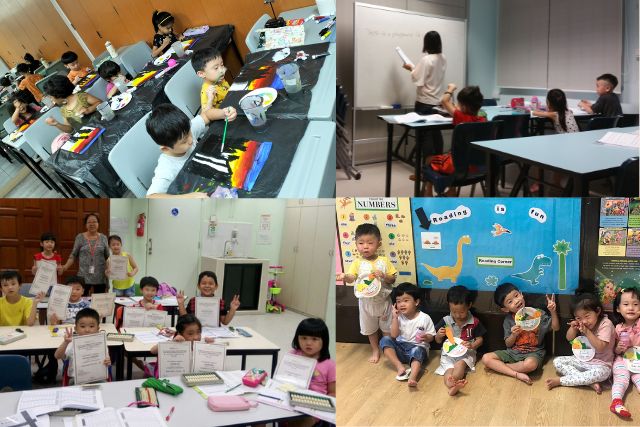As students get ready to take their year-end exams, many parents wonder what they can do to best support their child’s success. How can you encourage effective revision while helping your child keep a positive attitude toward learning? The answer begins with understanding how your child learns, communicates, and engages with the world.
Children today have developed a different learning style compared to when I was a student a few years ago. Today’s children are digital natives, with many having used technology before they could walk. Schools are increasingly using electronic devices in the classroom and integrating e-learning into their curricula. In Singapore, for example, personal learning devices (PLD) were first introduced in 2021 as part of the National Digital Literacy Programme.
 Photo: Unsplash
Photo: Unsplash
For parents, this means that integrating technology into your child’s revision is no longer an optional add-on. It’s now essential to align with how the young generation learns, and to help your child build important digital skills for the future. With major school exams typically taking place in October and November, ensuring a productive learning environment at home can make a big difference together with technology.
Follow these tips to help your children revise better and thrive as learners for years to come:
Spark your child’s curiosity to learn more
While exams are designed to assess the child’s understanding of the syllabus, curiosity remains the foundation of lasting learning. When children are genuinely curious about a topic, they stay motivated without constant reminders.
There are many ways to instill curiosity for learning at home. One effective way to nurture curiosity is through game-based learning apps or websites, as games inspire natural curiosity and motivation. This works especially well when you can tailor your child’s experience to the topics they’re revising. Some of the game-based learning tools online allow this customization which is critical for them. Parents need to ensure that the content in these games is aligned with their syllabus.
Make their learning stick
Remembering everything learned over the year or semester can feel daunting, but technology can make it much easier and fun. Research shows that while re-reading class notes is the most common revision method, practicing recalling the information is far more effective. Growing up, I realized that eye-catching visual aids do help me in my learning, and this may be true for other students as well. Thus, visual cues, such as flash cards, can be a very useful way to help students retain knowledge.
Open-source tools such as Google’s Gemini have made designing these visual aids a little more fun. With technology, parents or students can create personalized digital flashcards in seconds. This makes it easy for children to review and strengthen their understanding anywhere, right from a mobile device.
Encourage independent learning
When children take charge of their own revision, they feel more empowered to improve their grades not just because they’re told to, but because they want to. That shift in responsibility from parent to child is essential for effective exam preparation and long-term educational growth.
Students who take the initiative to search for knowledge and learn new skills will be better able to take on new challenges in school and work life, which are especially important as technology changes the job market. As rightly pointed out by Education Minister Desmond in parliament, developing interpersonal life skills are equally important where he said, “in the working world, we all know that grades might still get you through the door, but how you are as a person determines how you do.”
While gentle nudges from parents does help in giving reminders to their children to study, the best way to encourage independent learning is to provide children with the right tools including tech devices. This does not mean going to the bookstore and buying all the available assessment books or buying the latest iPad for them. Instead, have that conversation with the child and ask them what it is that they want and the rationale behind it. This builds strong interpersonal relationship skills which are key for independent learners.
Revision for the 21st century
As AI continues to advance, students need strong tech skills to keep pace and refine those skills into adulthood. I believe that we are witnessing the start of a different learning era with our children. Revising with digital tools gives children the chance to learn how technology can support their growth. By embracing these tips, parents can help their children revise more effectively for year-end exams and beyond, building strong study habits and a positive attitude towards learning that will serve them for life.
Author: Razzaq Reyal, Kahoot! Ambassador
* * * * *
Looking to reach over 100,000 parents in Singapore? Let us amplify your message! Drop your contact details here, and we’ll reach out to you.
Discover exciting family-friendly events and places to explore! Join our Telegram channel for curated parenting recommendations.





















































